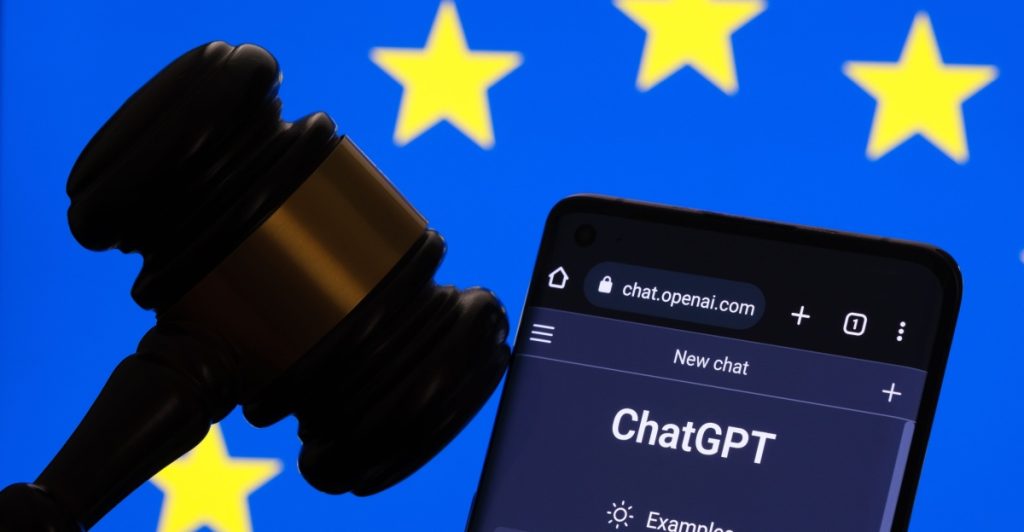Brussels officials admit they still don’t know how to fit ChatGPT into Europe’s strict digital rules — leaving the continent’s main AI laws lagging behind the technology they aim to control.
Others are reading now
Brussels officials admit they still don’t know how to fit ChatGPT into Europe’s strict digital rules — leaving the continent’s main AI laws lagging behind the technology they aim to control.
A year of uncertainty ahead
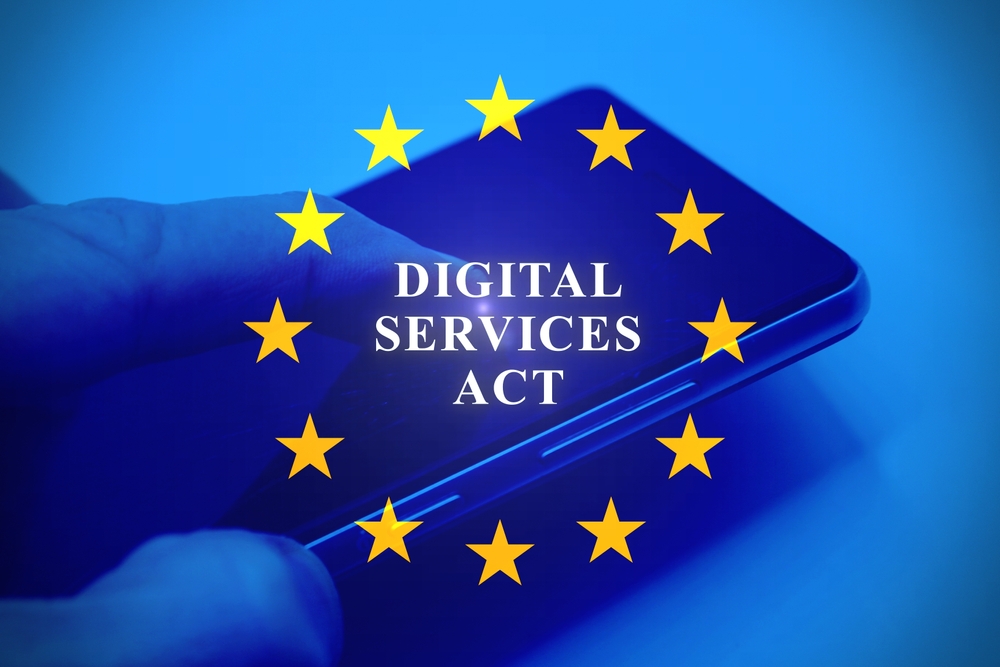
The European Commission says it will take until mid-2026 to decide how the chatbot fits under the Digital Services Act (DSA), despite its massive user base across Europe.
A test for Brussels’ ability to manage AI
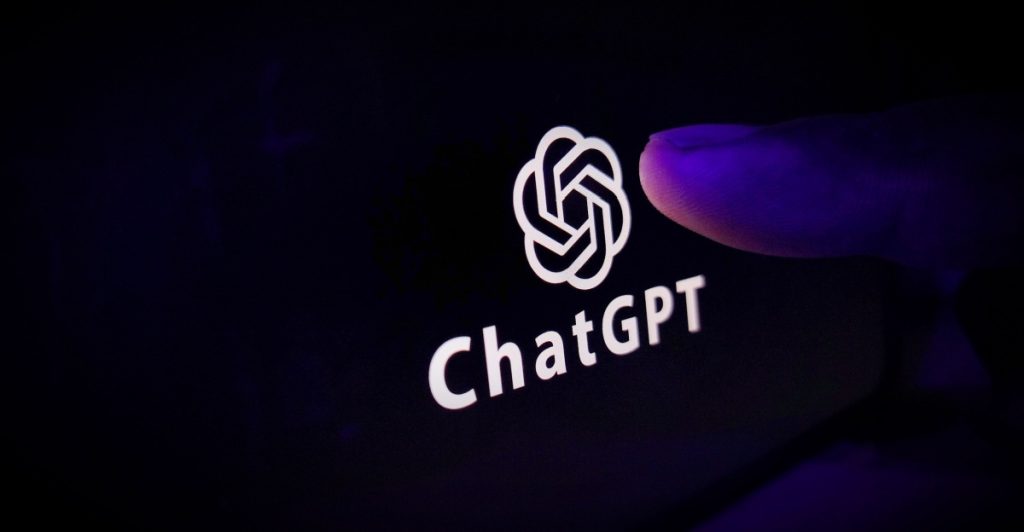
ChatGPT’s explosive rise has become a case study in how unprepared regulators are for large-scale language models that shape information and influence public life.
Law written before the AI boom
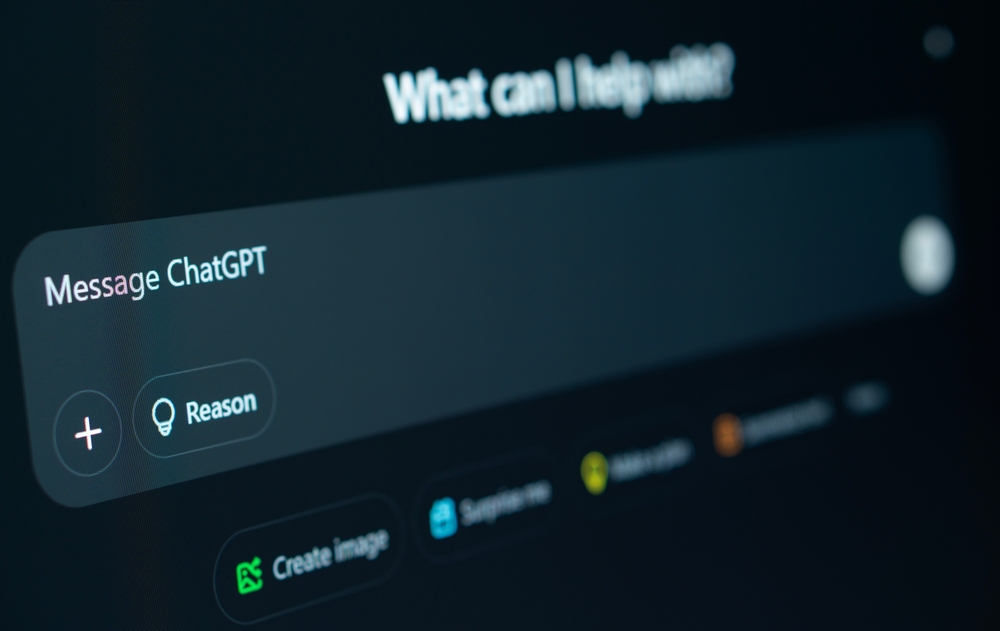
The DSA was drafted before tools like ChatGPT existed, meaning the law’s definitions don’t clearly cover conversational AI systems.
120 million users and counting
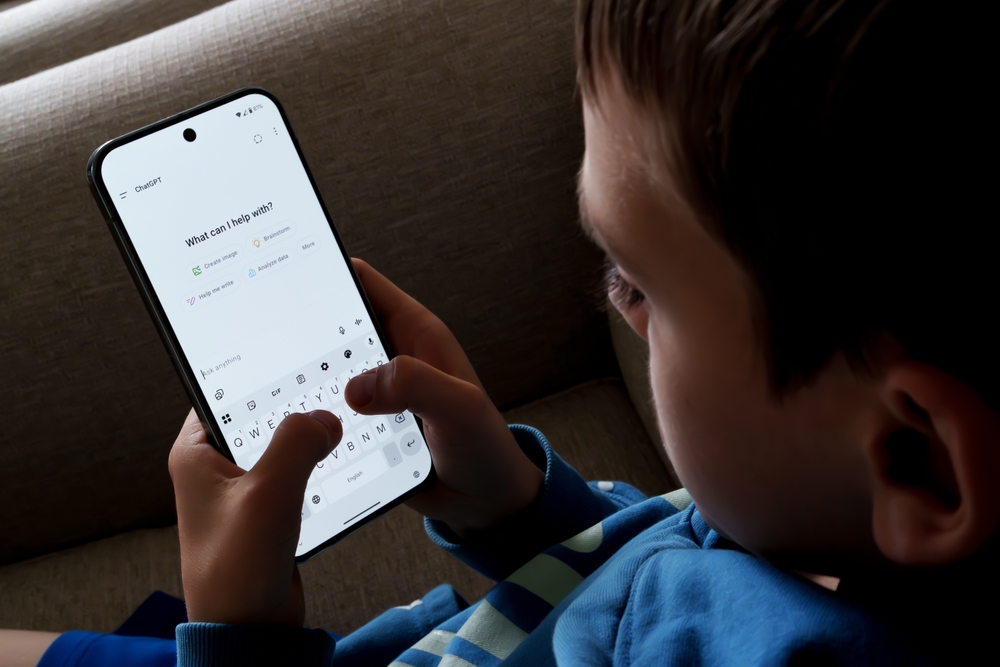
OpenAI’s chatbot now surpasses 120 million monthly search users in Europe, officially qualifying it as one of the EU’s “very large online platforms.”
Also read
Real-world consequences of delay

OpenAI recently admitted that over a million weekly ChatGPT conversations involve suicidal thoughts — and that the AI sometimes fails to respond appropriately.
The Digital Services Act vs. AI Act
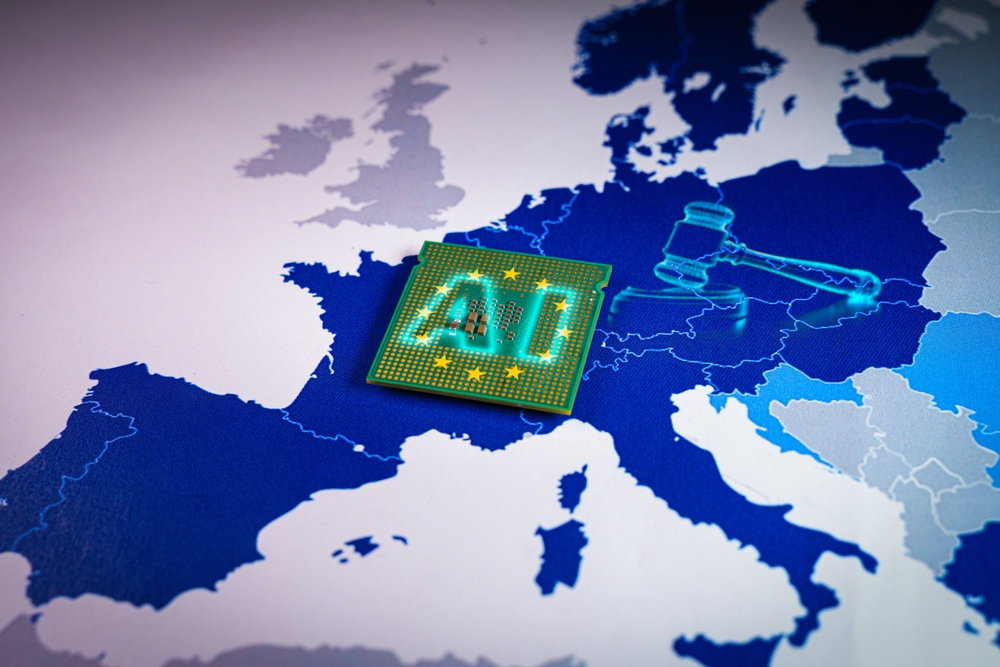
Europe’s two main tech laws overlap awkwardly: the DSA regulates platforms, while the AI Act governs models — but ChatGPT blurs both categories.
Different kinds of risk
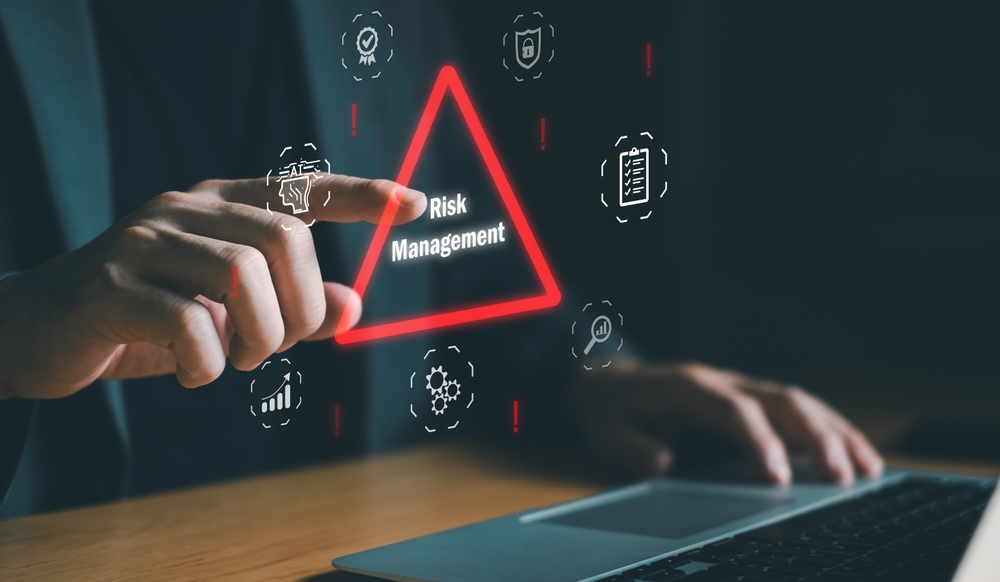
The AI Act classifies models by risk level, from “unacceptable” to “minimal,” while the DSA focuses on systemic dangers such as disinformation and threats to civic integrity.
When compliance collides
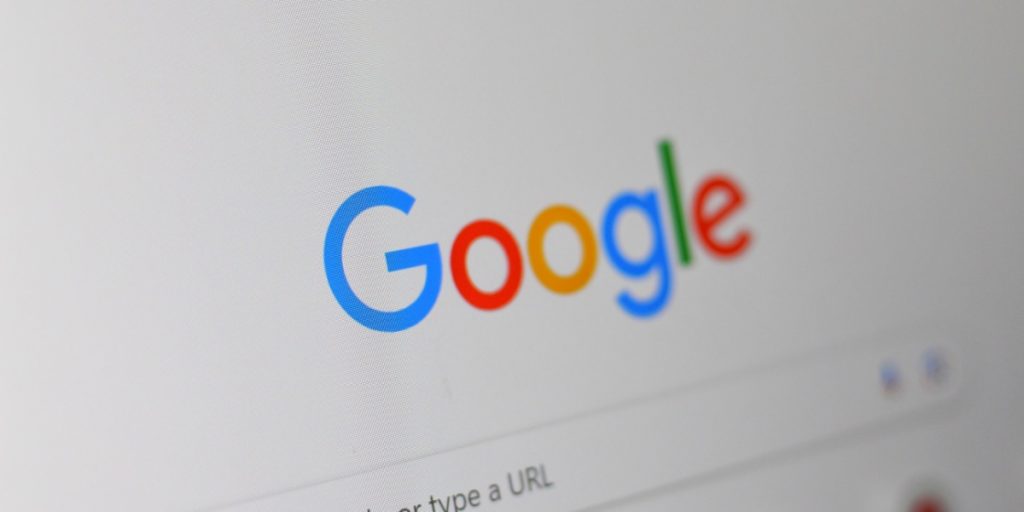
For giants like Google, DSA compliance can count as AI Act compliance. But for OpenAI — a standalone AI provider — the two frameworks may conflict or leave gaps.
Legal experts raise red flags
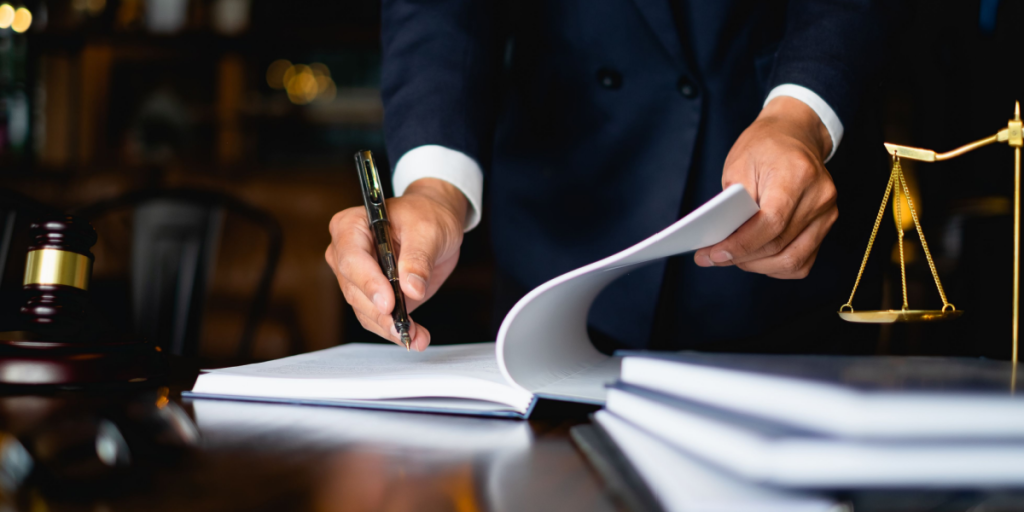
Lawyers warn that the mismatch between the laws could let OpenAI avoid full accountability by claiming “safe harbor” protections meant for traditional platforms.
Also read
Mounting pressure to act
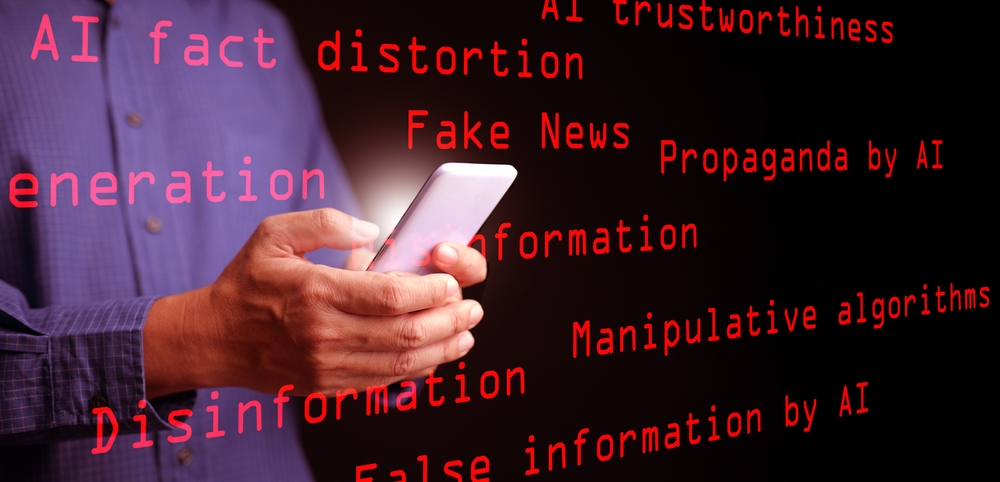
Officials say new guidance is needed to stop critical issues like misinformation and bias from falling between regulatory cracks.
Europe’s credibility on the line
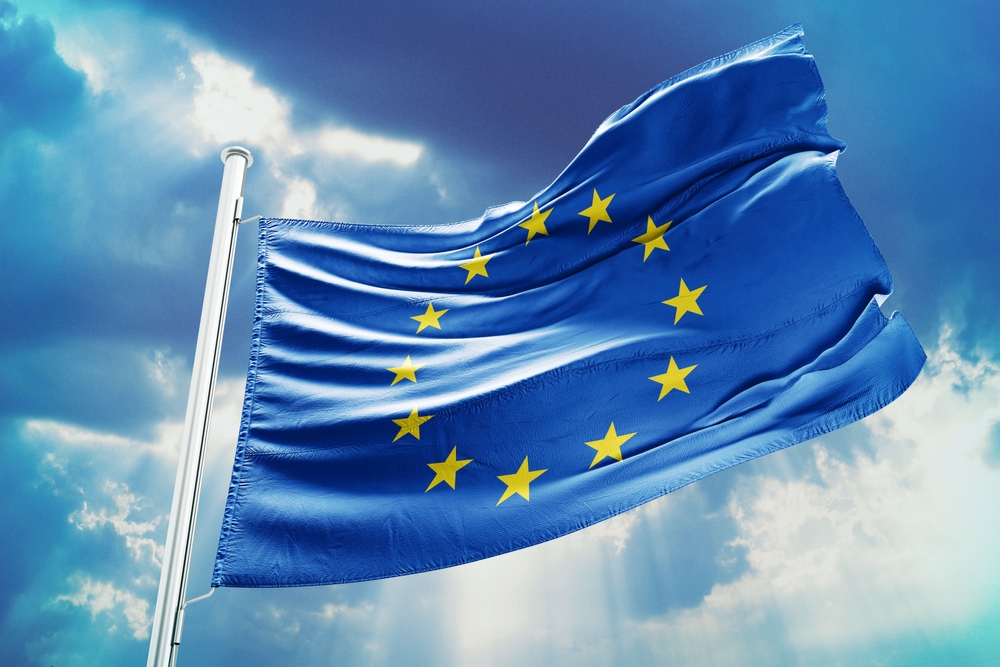
How Brussels handles ChatGPT will determine whether the EU can keep pace with rapidly evolving AI — or remain stuck policing yesterday’s internet.

